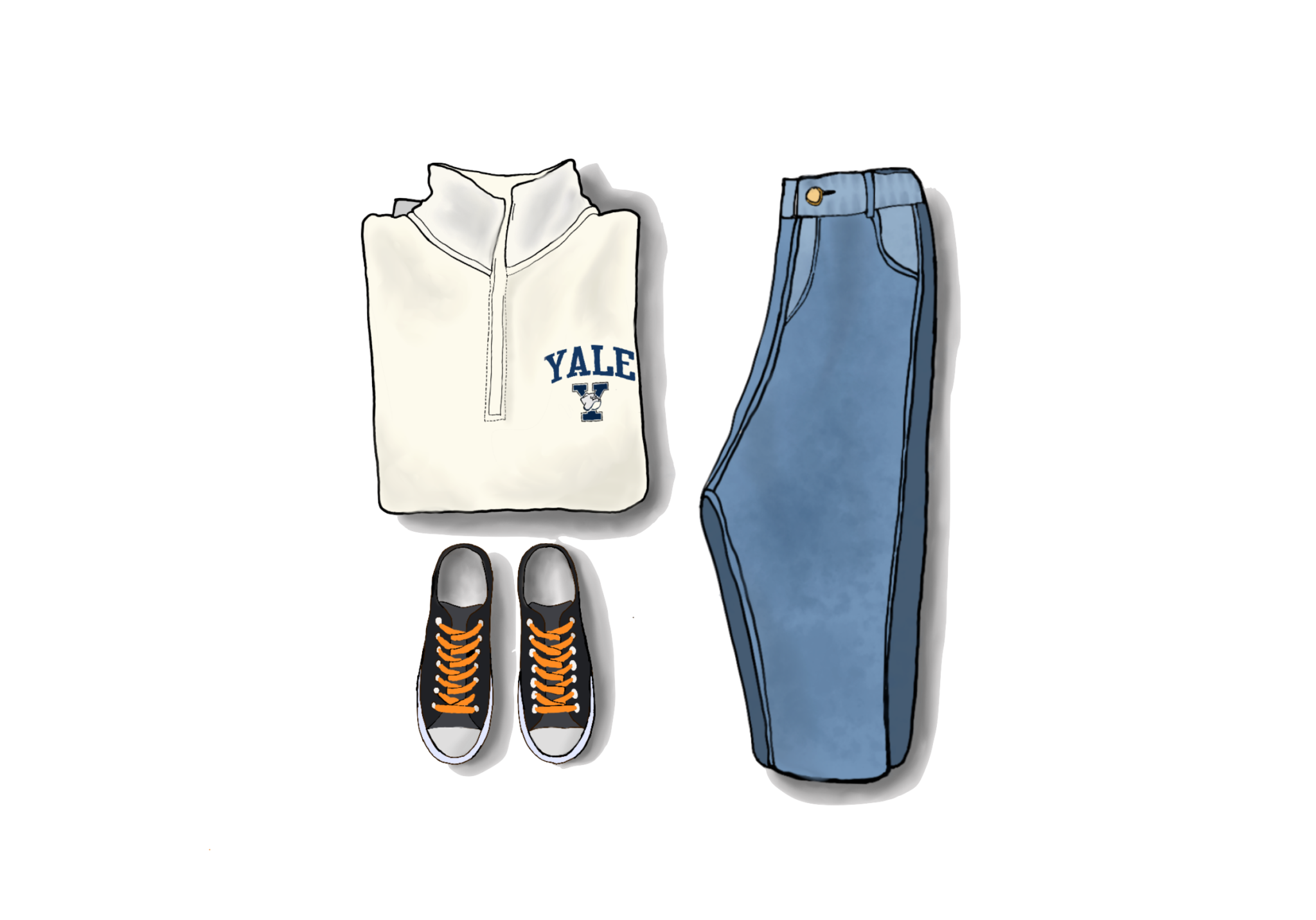
Mai Chen
A couple of days ago, my mind decided to strike me with this truly terrible, saccharine and literarily offensive cliche: Quarantine was the cocoon that turned me into a butterfly.
The metaphor is a crime against anyone’s poetic sensibilities, but the idea nevertheless rings true. At the start of the pandemic, while my friends espoused the virtues of wearing the same sweatshirt every day, I decided to go a completely different route. It was my quarantine project. I wasn’t going to scrapbook, learn to knit or bake banana bread; I was going to take the next few months to turn myself into a better dresser.
Having good style can sometimes be antithetical to an introvert’s instinct of flying under the radar. As such, for most of my life, I was never a particularly well-dressed person, probably because I was never a particularly confident one. I didn’t want people to notice me for what I wore, much less comment on it — a worry that I would like to think wasn’t completely without reason; after all, I had a friend who for the good part of an entire year, whenever he saw me wearing a leather jacket and high-heeled boots, would mention my “dominatrix outfit.” Such comments were, needless to say, not inspiring to my sense of style or my sense of self.
As we entered quarantine, however, I began to realize that here lay the opportunity for an interesting exercise. It was an experiment in dressing without the eyes of anyone else — dressing, essentially, for myself. The concept seemed like a novel one for someone who had been accused of being too anxious about the perceptions of others. Could I truly separate my own image of myself from the way that others saw me? Was there such a thing as finding joy in one’s appearance that didn’t at all rely on the approval of another person?
(I think I’m making this sound too much like some noble pursuit. These questions are only 25 percent of the reason why I decided to start dressing better. The other 75 percent is that in my hours of having nothing to do except lie in my bed and search the web, I discovered Alexa Chung’s YouTube channel and thought, “wow, why is that woman so cool?”)
All this didn’t necessarily mean much in terms of the decadence or outrageousness of what I wore. I didn’t go on any shopping sprees or get some crazy haircut. But I did start going through my closet, trying to remake myself from whatever old idea I’d had of myself before (studious in books but unstudied in looks) into something more flexible and open. I wore jeans around the house, cropped old T-shirts, experimented with jewelry and donned all those girly dresses that I had avoided before out of some kind of internalized sexism, this long-standing fear that if I dressed too much like a girl, my classmates wouldn’t respect me. I tried to use my investigation as a way of honing in on my identity. I was a senior in high school, ready to move onto college. I was trying to find what I liked — who I wanted to be and how I wanted to present myself.
To some degree, I feel frivolous declaring this as anything more than some very minor interest — especially at a time when the world is facing problems of such great magnitude. And yet, I do think that I have learned something in this project over the last few months. The experience of dressing for yourself, I have found, is a liberating one. The idea that style should be a form of expressing oneself rather than providing anyone else with something to look at gives space for something that is more joyful and more satisfying.
I have found, too, that this development of style has evolved alongside — perhaps even as a product of — my own changing sense of self. I entered quarantine during a pivotal time in my life: In the last six months, I turned 18, graduated high school and started college, all in the confines of my childhood home. I hope that when this pandemic is over, whatever growth I experienced, while not manifested in any geographical change, can at least reveal itself in a pair of sneakers or a sweater — by which I really mean to say, in a greater sense of self-confidence and self-recognition. I hate to return to the cliche, but maybe the metamorphosis metaphor wasn’t so far off after all.
Isabelle Qian | isabelle.qian@yale.edu







